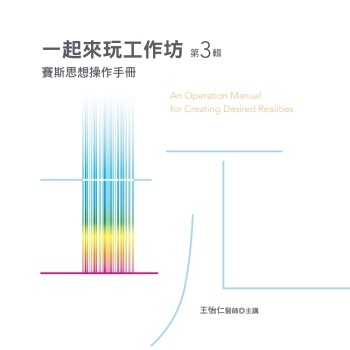Zika is a disease that has been on the increase in Brazil from 2014 to the present day. The vector that causes it is the Aedes aegypti, which, through its bite, can transmit the virus, causing microcephaly and leaving several lifelong consequences. In addition to the increase in cases of microcephaly, the Zika virus generates major problems that involve the whole of society and the country’s economy, such as the cost of medical treatment for microcephalic children and their families, as their families will stop working to support and monitor their treatment, and also the cost of basic sanitation, as a key factor in combating the mosquito and drawing up public policies. This study analysed these economic and environmental aspects in order to understand the influence of the virus and the factors that have led to the growth of the vector. A literature search was carried out to understand the effects of the Zika virus and its economic, social and environmental impacts. In this work, the economic costs related to microcephaly, the loss of income of the child’s family members and the country’s investment in basic sanitation were reported.
| FindBook |
有 1 項符合
The Zika virus的圖書 |
 |
The Zika virus 作者:Canossa 出版社:Our Knowledge Publishing 出版日期:2023-09-11 語言:英文 規格:平裝 / 64頁 / 22.86 x 15.24 x 0.38 cm / 普通級/ 初版 |
| 圖書館借閱 |
| 國家圖書館 | 全國圖書書目資訊網 | 國立公共資訊圖書館 | 電子書服務平台 | MetaCat 跨館整合查詢 |
| 臺北市立圖書館 | 新北市立圖書館 | 基隆市公共圖書館 | 桃園市立圖書館 | 新竹縣公共圖書館 |
| 苗栗縣立圖書館 | 臺中市立圖書館 | 彰化縣公共圖書館 | 南投縣文化局 | 雲林縣公共圖書館 |
| 嘉義縣圖書館 | 臺南市立圖書館 | 高雄市立圖書館 | 屏東縣公共圖書館 | 宜蘭縣公共圖書館 |
| 花蓮縣文化局 | 臺東縣文化處 |
|
|
圖書介紹 - 資料來源:博客來 評分:
圖書名稱:The Zika virus
|










